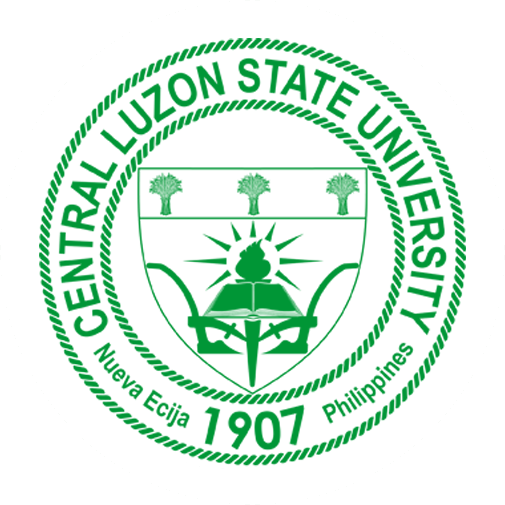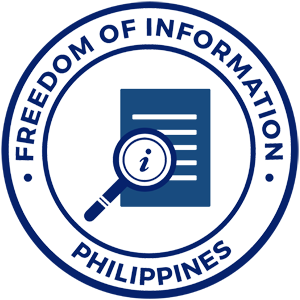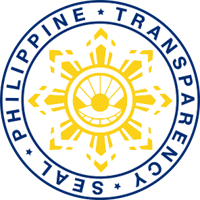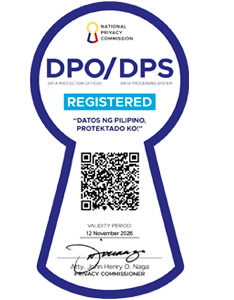College of Education
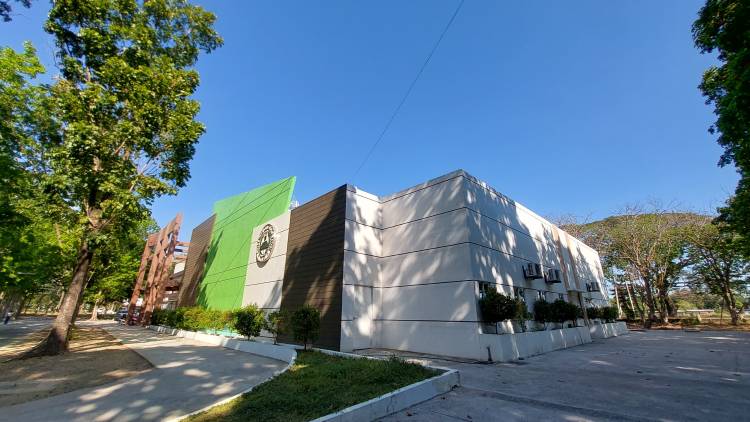
Overview
Being a Center of Excellence in Teacher Education, the college aims to train future educators who can give quality education to the students. It envisions implementing a program of advanced education and training in different areas of research, instruction, and development concerns to produce quality leaders in an ever-changing society. It has three departments: Elementary Education, Secondary Education, and Advanced Studies in Education.
Bachelor Courses
The program is designed to develop highly motivated and reflexive K to 12 teachers as well as industry professionals equipped with knowledge, skills, and values in culture and arts education. It aims to equip students with an understanding of value-laden creative expressions such as visual arts, music, drama, and dance as well as competencies in developing programs that are responsive to local and global contexts of production, circulation, and consumption of creative expressions.
The program is designed to prepare pre-service teachers to become competent early childhood practitioners working with children from 0 to 8 years old in various early childhood settings. It equips students with fundamental understanding and application of the principles of early childhood care and education and experiences in the application of these principles.
The program is designed to prepare students intending to teach at the elementary level. It equips pre-service teachers with content and pedagogy for elementary education. The program draws foundations from various allied disciplines like social sciences, science, math, technology, languages, and humanities to ensure that graduates are equipped with the skills necessary in handling both the content and pedagogy across all disciplines at the elementary level.
Three to five years after graduation, the BSED graduates are: Licensed teachers empowered with global competence, occupying relevant teaching/administrative positions, and actively engaged in continuing professional education, career advocacy programs, and lifelong education; Responsive and expert trainers/demonstrators advocating the social, multi-cultural, political, economic, environmental, and ethical standards; Proactive multi-disciplinary researchers who are forerunners of quality assurance; and Active members and officers in local/ regional/national/international teacher organizations and involved in relevant extension/community work. Department Objectives The Department of Secondary Education aims to develop and train students to become qualified teachers (a) in the secondary level with varied specializations in English, Filipino, Mathematics, Science, Social Studies, and Values Education; and (b) of Culture and Arts, Physical Education, and Technology and Livelihood Education.
Graduate Degree Programs
The doctoral degree aims to produce highly skilled manpower that can undertake scholarly work, conduct prioritized educational research, and provide leadership in institution building, value training, and management of educational institution and related endeavors. It also inculcates in its candidates the social consciousness and a sense of responsibility and commitment to the national/regional goal of human capital formulation and growth, so that even far-flung communities and remotest rural households are reached.
The program aims to train biology teachers in the use of modern techniques in instructional planning, preparation of instructional materials, and teaching. It also aims to enhance the scientific attitude of the graduate students, and to develop their skills in research work and other scientific endeavors, and to broaden their interests and competencies in environmental concerns.
The degree program aims to equip students with skills necessary in the management of educational institutions, and to address the development of research skills needed in resolving basic management problems and issues. It provides the basic management tools that can enhance capabilities and competencies needed in managing educational institutions or its various units, as well as in planning and implementing programs or projects relative to the institution’s concerns.
The degree program helps the students generate knowledge in education through research which they can use to resolve some social problems. It was designed to train and help the students to develop skills that are relevant to rural needs, and to enhance the capabilities of students to advice government educational planners while enhancing both their teaching and research skills.
The program enhances students’ content knowledge of mathematics for them to appreciate the fundamental importance of mathematics in our culture, and impart this appreciation to others. It was also designed to equip them with the different theories in the learning of mathematics and its application to curriculum and instructional design, to expose them to current issues and trends in mathematics education, and to the different research designs and procedures used in conducting educational research.
The degree program is a two-year graduate program that aims to enrich the knowledge and skills of graduates in professional service orientation, testing and counseling in preparation for professional licensure and practice. The program aims to produce professional, research-oriented counselors, who are able to prevent maladaptive human behaviors, and promote optimal human development.
Program Details
Dean
- Dr. Florante P. Ibarra
Dept. Head, Early Childhood and Elementary Education
- Mr. Mark Gil M. Mercado
Dept. Head, Education Policy and Practice
- Dr. Jennifer V. Fajanela
Dept Head, Language Culture and Arts Education
- Dr. Myla L. Santos
Dept. Head, Technology, Livelihood, and Life Skills Education
- Dr. Ma. Catalina D. Cadiz
Dept. Head, Science Education
- Dr. Lalaine M. Manuel
Head, CLSU Laboratory for Teaching and Learning
- Dr. Ma. Catalina D. Cadiz
Head, Institute for Sports and Leisure Studies
- Dr. Jennifer T. de Jesus
Programs
- Undergraduate
- Masteral
Degrees
- Bachelors
- Masters
- Doctorate
- Certificate
Experiential Learning
- Capstone
- Internship
- Research Study
Delivery Method
- Face-to-Face
Length
- Undergrad: 4 years
- Masteral: 2 years
